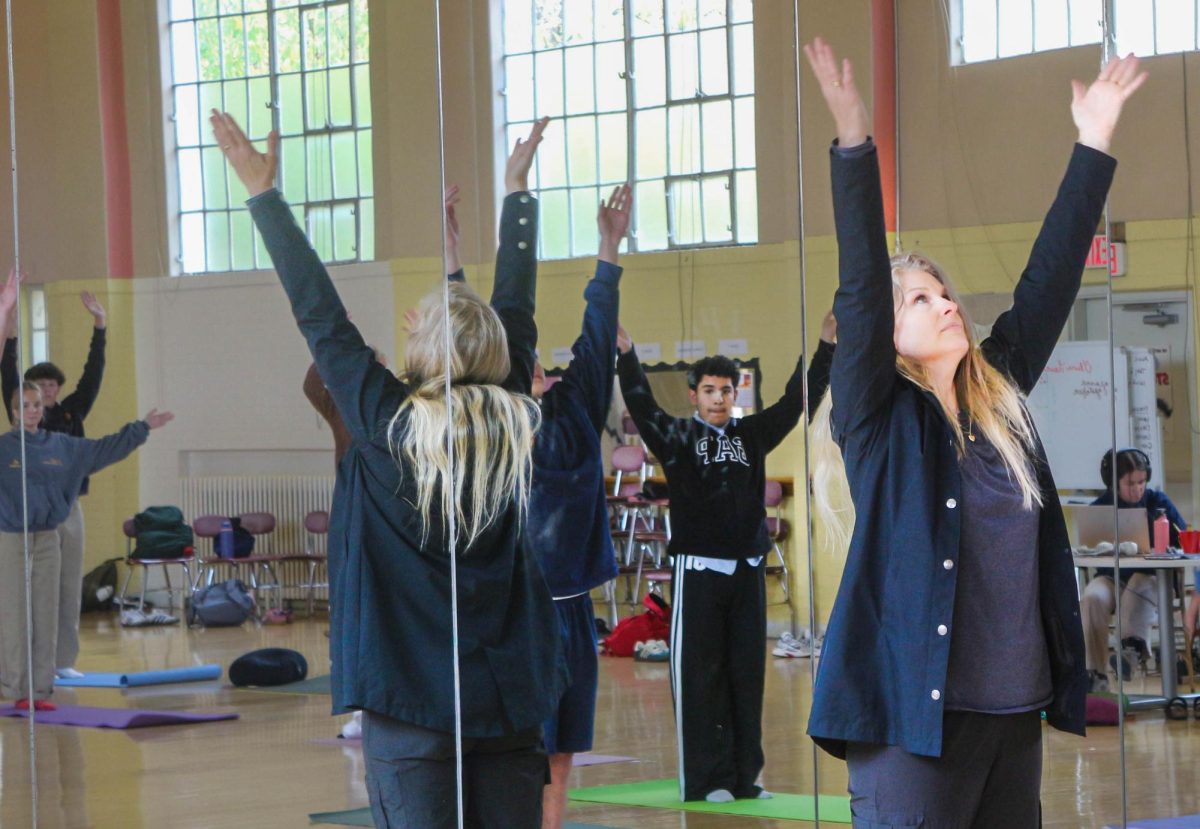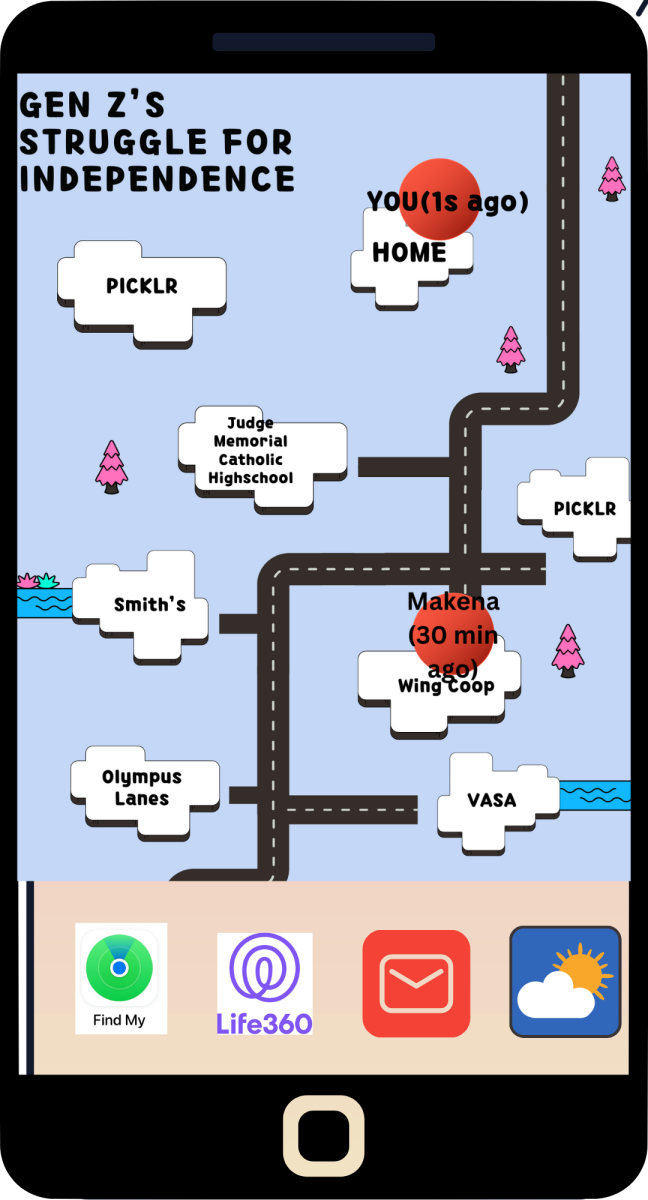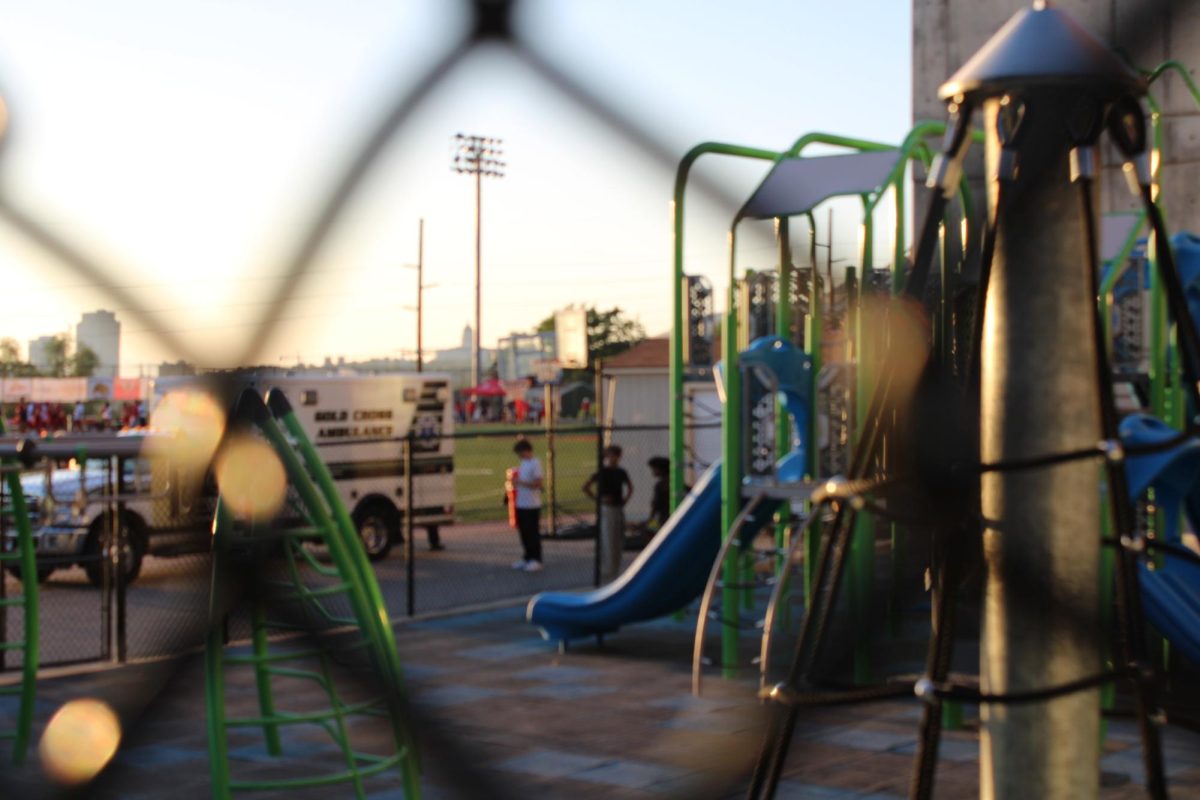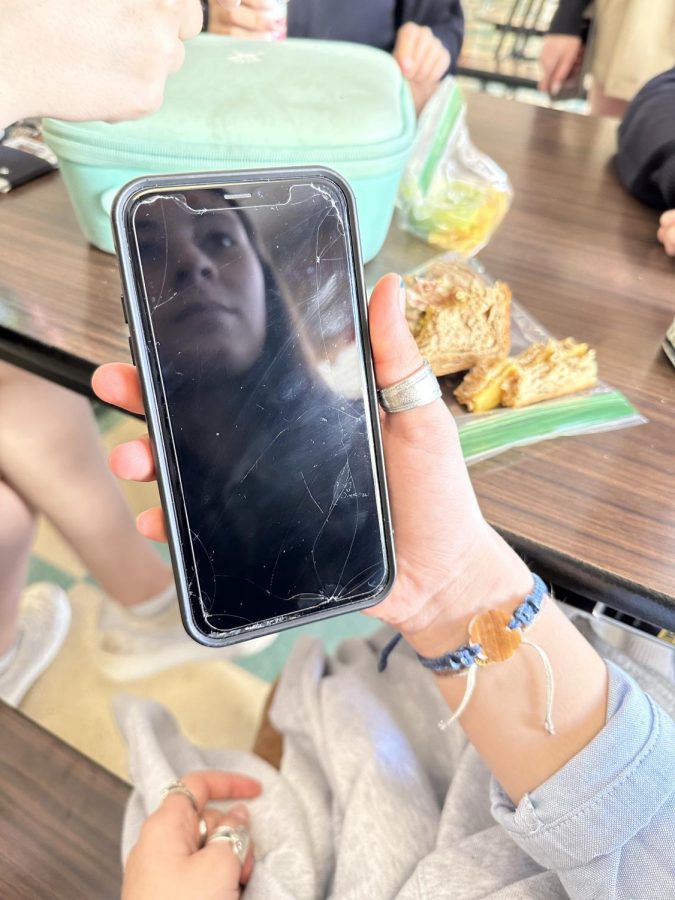Cell phone policy: Too strict or not strict enough?
Research has shown that even the mere presence of a cell phone can cause distractions.
April 11, 2023
It is no secret that students have a problem with cell phones in the classroom.
Cell phones offer a great deal, such as more personal autonomy, the ability to develop more of an school identity through an online presence, the access to unlimited entertainment and information, and the constant connection to everyone around us, according to Mariano Chòliz. There is a great deal of allure in the technology of cell phones, and it can be a positive contribution.
But school is not one of the places where students should be utilizing the near limitless functions of cellular devices. School is here for the students’ benefit, and should be treated as such, even if students don’t desire it to be so.
There are few reasons for students to have cell phones during class, and cell phones’ presence in the classroom offers the distraction to be somewhere else, doing something else. Just the possibility of being able to do something else distracts students from the current subject they should be focusing on.
Academic performance does decrease with the presence of cell phones. According to Bill Thornton, data suggests that reading comprehension scores are lower with frequent cell phone usage. There is also a correlation between a lower grade average and high frequency text messaging and social networking. There are more implications in the aforementioned article, such as the mere presence of cell phones distract people on task.
According to a study in 2022, around half of all teens (13-17 year olds) said that they were online constantly, with 97% of all respondents said that they used the internet daily. Those who used social media more frequently had reported depression and anxiety symptoms, as well as poor sleep habits. Naturally, with increased anxiety and poor sleep, one could infer that excessive social media usage leads to a decrease in the youths’ performance in other aspects of ones’ life, such as academics.
With all this knowledge present, I deduce that it is necessary for schools to enforce that cell phones are limited, if not banned, inside the classroom to increase academic success and class engagement. I theorize that in the case of cell phones being banned, class engagement wouldn’t increase initially, as students wouldn’t necessarily be comfortable in the world absent or limited of their phones, and would likely take some time to ease comfortably into the new environment. Once students feel more comfortable though, overall classroom engagement would increase.
Furthermore, once cell phones are no longer as present, academic success would increase with the vitalized focus and attention that would occur. However, I argue that we would need to take one step further. In a 2006 Time article, a parent expressed his concern on how addicted his children were to technology. “Everyone is in their own little world, and we don’t get out together to have a social life.” That was over 17 years ago, before contemporary social media and the iPhone.
Cell phones distract us from being fully present to the people and world around us. When we tire or lose entertainment with the physical people surrounding us, we can simply pull out our cell phones to entertain ourselves. Additionally, we can neglect our duties by the distraction of technology, and there are leagues we can go to limit our use.







































